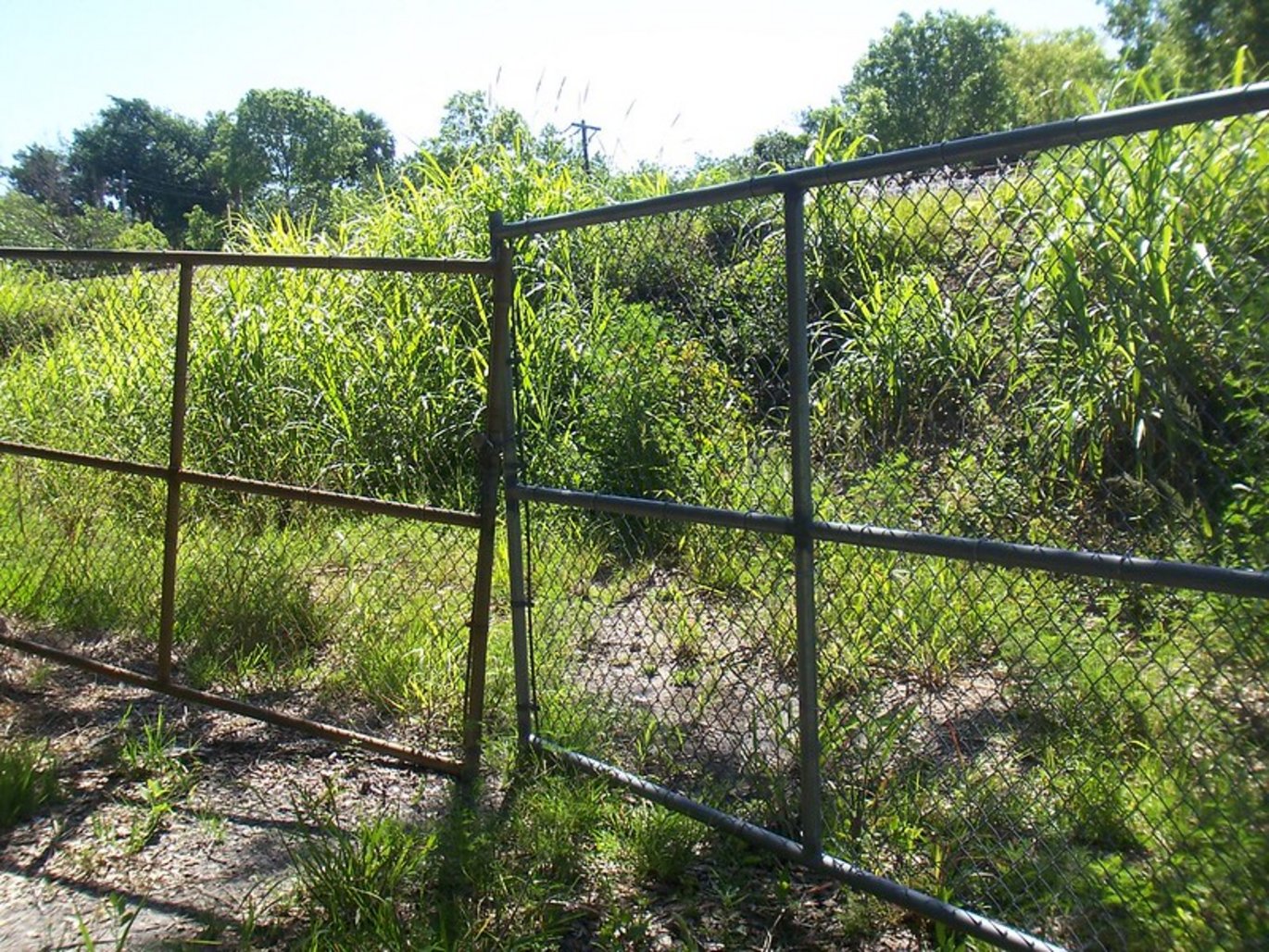Owning Natures: Property, Ecology and Conservation
This series of CEH events will explore the relationships between ecologies and property regimes.

In this series of online seminars at the Centre for Environmental Humanities (CEH), we’re thinking about the relationships between ecologies and property regimes. Talks with scholars from a number of different disciplines will consider questions about various societies’ ownership of nature, from deep time to the present. For example, how do different schemes of property or use rights over land and waters shape people’s interactions with the ecosystems present? Who owns land, and what effects does this have on other people, plants, and animals? How are property regimes linked to different kinds of conservation efforts? How are ownership claims enforced and contested? And in the face of multiple environmental crises, what kind of ownership structures might be models to work towards for a just, more livable future?
The next seminar in the series is Owning Natures in the Longue Durée: Land regimes of multispecies collaboration and collective ownership from prehistoric to early medieval Europe. In this seminar, we venture to address the questions of the seminar series through a look into the more distant past, with talks from two different scholars examining early land ownership regimes in Europe. In her talk, Mette Løvschal (Aarhus University) will explore anthropogenic heathlands in late prehistoric Northern Europe, while Susan Oosthuizen (University of Cambridge) will take us to a commons system in a peat wetland in early medieval Britain.
For more details about this seminar, and to sign up, please go to the event page.
Past events:
On Thursday 25 February, Gitte du Plessis began our series with her presentation Killing Reindeer: A Spatial Analysis of Nordic States and Nomadic Forms of Life in the Arctic. Covering the states of Norway, Sweden, and Finland, in this talk du Plessis argued against the prevalent understanding of spatial relationships between these states and reindeer herders in their northern parts as “land use conflicts”, analysing them instead as a form of state violence against Sámi, reindeer and nomadic forms of life. Listen to a recording of her talk.
On Wednesday 24 March, 15:00-17:00 CET, we took a look at High Net Worth Property Regimes and Economic & Ecological Futures in Resources Peripheries. In this seminar Kathleen Epstein (Montana State University), Julia Haggerty (Montana State University) and Hannah Gosnell (Oregon State University) presented their findings from an in-depth engagement with the dynamics of ranch ownership change in Montana, a US state colloquially known as the "Last Best Place" because of its scenic beauty, wildlands, and remoteness. It is a region undergoing a rapid rural land ownership transition from agricultural producers to high net worth, amenity-oriented investors. Using spatial and real estate data and interviews with real estate professionals, property owners and managers, this talk described the drivers and emerging patterns associated with buying and selling of ranch property and their economic implications in this remote, resource periphery. Listen to a recording of the presentation.
The most recent seminar in the series – Migration and ownership of nature: Latin America, 19th and 20th centuries – took place on Tuesday 27 April, 15:00-17:00 CET. Eduardo Relly (UNISINOS, São Leopoldo/Rachel Carson Center, Munich) presented on Owning the climatic Other(s): German migration, imperial science, and the translation/colonization of local ecologies in subtropical South America. Relly explored how German colonization in subtropical South America, which began in the early 19th century and lasted for almost 150 years, shaped one of the most massive projects of transnational forest colonization and agricultural exchange in history. This talk was followed by Ben Nobbs-Thiessen (University of Winnipeg) with “We have all heard that the future of Bolivia was in the East”: The Postrevolutionary Re-Imagining of Bolivia’s Eastern Lowlands. Nobbs-Thiessen examined how the Bolivian state, regional elites and waves of foreign and national settlers laid claim to nature in the country’s tropical lowlands, a region that has seen profound economic and environmental change since the revolution in 1952. Listen to a recording of the talks.
